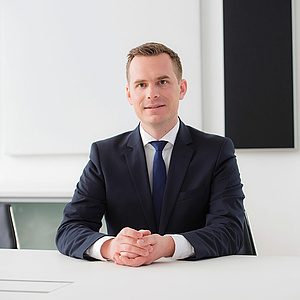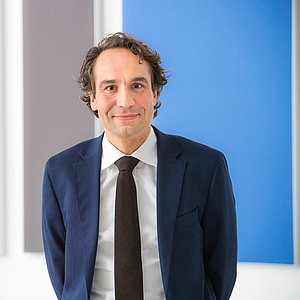

Julian Würmser, LL.M.
Patent and Trademark Attorney, Dipl. computer scientist
Munich

Dr. Rolf Kröncke, LL.M.
Patent Attorney, Dipl.-Biochem.
Hannover,
Bremen,
Hamburg